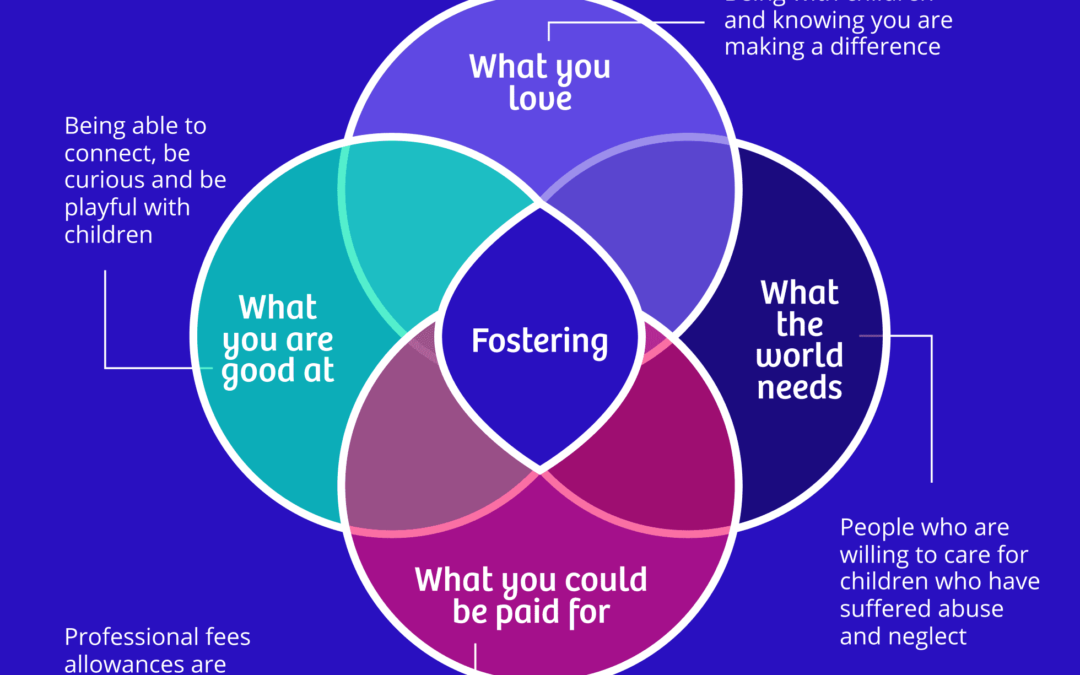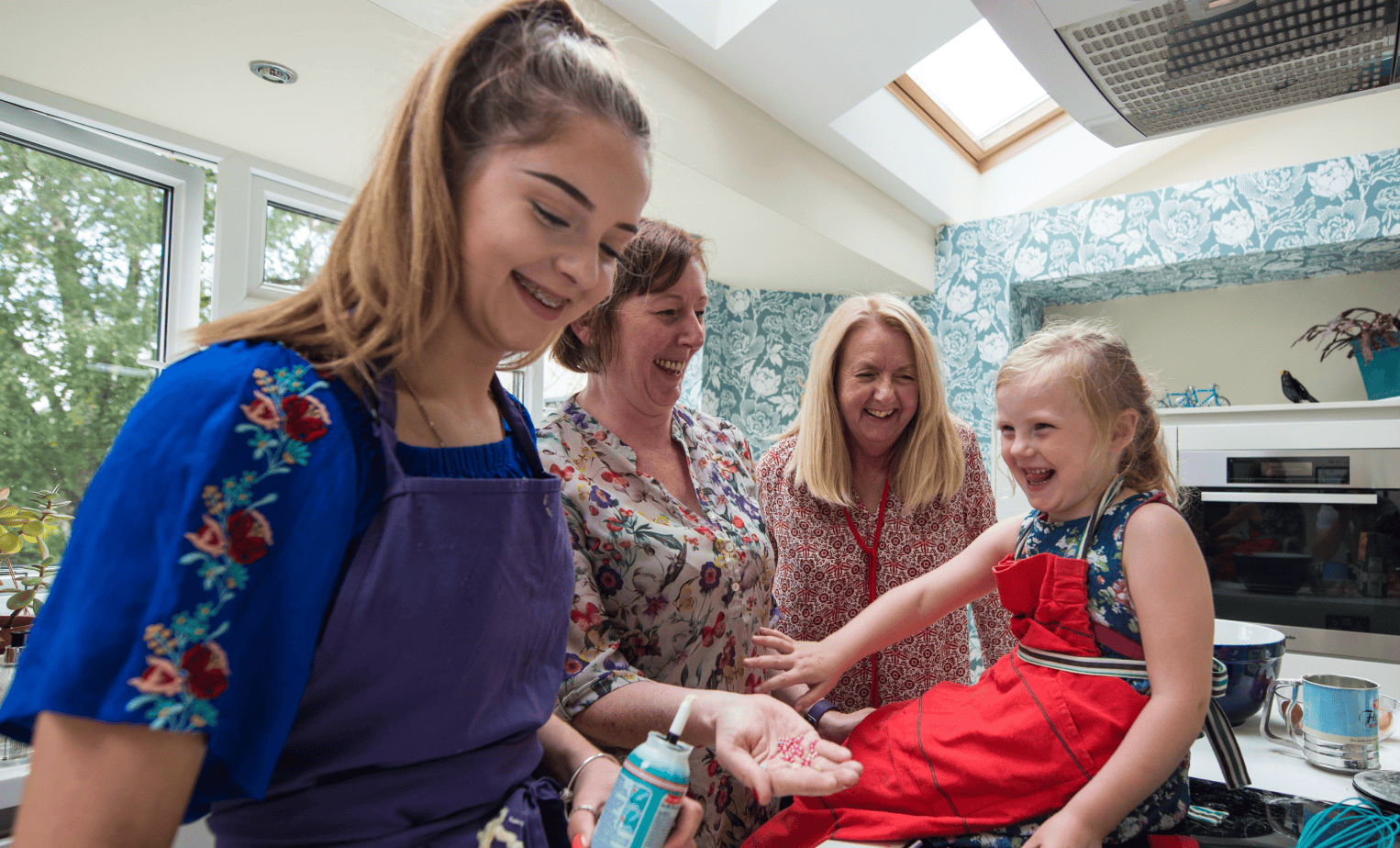Most children in foster care will have likely experienced a feeling of loss or a sense of abandonment during their young lives. Their mothers may have died, or have serious illnesses rendering them unable to take care of the young person anymore. In other cases, their mother or parents may have abandoned them or be unable to continue to take care of them.
Regardless of the specific reasons, a foster child may feel the loss of their mother in their life, more intensively, on Mother’s Day. This can inevitably leave a child feeling sad, confused, and even angry.
We recognise that each child is different and will respond individually to their feelings, because of what they have experienced whilst growing up. It is a good idea for foster carers to carefully consider how the day should be marked in the home, acknowledging that some young people may see the day as a painful reminder of the fact that they are unable to be with their birth mother. Foster carers may need to consider how to make the day as painless as possible for the young person.
 Having a conversation, with the child or young person, about how they may have usually celebrated Mother’s Day, and gauging how they seem to feel about the day, will give insight to what the child might want to do to mark the day, which might be absolutely nothing.
Having a conversation, with the child or young person, about how they may have usually celebrated Mother’s Day, and gauging how they seem to feel about the day, will give insight to what the child might want to do to mark the day, which might be absolutely nothing.
Acknowledging the child’s feelings and encouraging them to be open about how they feel is a positive process and will reassure the child that they can feel safe about being honest and not being judged about how they are feeling. It’s important that we show empathy for what the child may be experiencing and help them to understand that it is perfectly reasonable for them to think about their own mother on this day. Foster carers may wish to consider helping the child to mark the day in other creative ways, especially where their mother has passed away or the child has no contact with their mother. It must be approached sensitively and foster carers may benefit from some guidance from their supervising social worker.
Where a foster carer has a biological child, it is recommended to involve him or her in discussions about how they wish to mark the day with you and how that might feel to the fostered child, searching for ways of making it as easy as possible for a fostered child without compromising the fact that your own children will want to show their appreciation of you. It is important to include any fostered children in plans so they can feel involved in the family celebration, being sensitive to their specific needs. If the fostered child expresses a wish not to be involved, it is likely because they are feeling upset and that it will be too painful for them, therefore a sensitive approach is required to accept their decision and support them in their decision making, agreeing with them what they might wish to do as an alternative to joining in.
Leading up to Mother’s Day, the people supporting the child may see the child’s behaviour change. We know that a child so often communicates what they might be feeling, by their behaviour, which may present as more angry than usual or more easily distracted. It is important that as a foster carer we appreciate that the child’s emotions may therefore be visible in their behaviour and may present as challenging to others. It is worthwhile considering how to collectively support the child during this time of heightened emotion. An example of this might be speaking to a teacher before cards or gifts for Mother’s Day are made in class, pre-empting how this may make a fostered child feel.
There is no right or wrong way to support a child at times like these, and it’s important to be open to letting the child lead on how they are feeling, gently reviewing how the child is emotionally, and enabling him or her to feel safe and able to be honest with you about how they feel. It is also important to be flexible, as the child may change their mind about what was originally planned and decide at the last minute that he or she would prefer to do something else. It’s advised to remain responsive, empathetic and supportive of any emotions that are expressed, making the day as enjoyable as possible.





